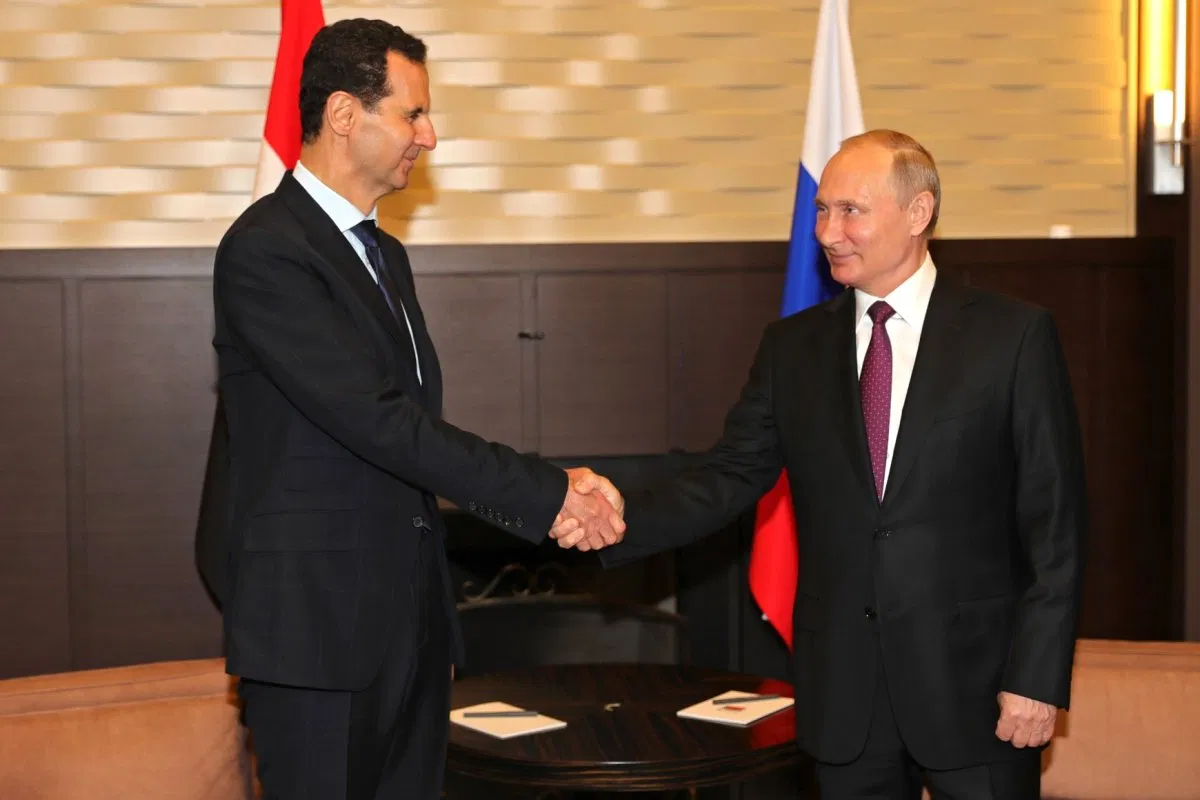
PEJOURNAL – The “Syria Civilian Protection Act” law, known as the “Caesar’s Act,” will come into force on June 17.
Under the law, the US administration will be required to impose comprehensive sanctions on individuals and entities involved in Syria’s mining, refinancing and construction industries. These restrictions will also cover the banking and commercial, economic and energy sectors. Regarding Caesar’s law, US officials are pleased that the sanctions should prevent oxygen from reaching the Syrian government, deprive the country of foreign aid and prevent Bashar al-Assad from renewing his position as the country’s legal leader.
Washington, meanwhile, is well aware that unilateral US sanctions have been in place for several years, and new restrictions are being imposed on them today, reducing the value of the Syrian lira and raising fuel, food and commodity prices. As a result, thousands of ordinary Syrians, as evidenced by the United Nations Special Humanitarian Aid Agency, are in a really difficult situation.
By doing so, US lawmakers have not stopped trying to politicize humanitarian aid to civilians, and have made it clear that sanctions do not work with international cooperation in areas not under Damascus’ control. However, they welcome and encourage the development of economic and investment projects in Idlib and beyond the Euphrates, where the terrorists listed by the United Nations Security Council “ISIL” and the “Hayat Tahrir al-Sham” are still active.
At the same time, the Americans are actively promoting the idea of humanitarian aid, while keeping silent on the illegal sale of Syrian hydrocarbons, freezing bank assets and blocking international financing, which is Syria’s right. The Americans do not forget to mention the humanitarian exemptions that do not seem to be an obstacle to sending humanitarian aid to Syria, and they are imposing extraterritorial sanctions that are inherently illegal under international law.
It is no secret that unilateral sanctions have been passed outside the UN Security Council, preventing the import of drugs, especially raw materials for the production of drugs and anesthetics, computers and state-of-the-art technology (X-ray scanners, artificial respiration devices, dialysis machines and radiation therapy). ) As well as fertilizers, water filters, equipment manufacturing, electricity generators, etc to Syria, Recall that in 2018, Idris Jazayeri, Special Rapporteur on the negative consequences of unilateral coercive measures in reporting the results of his visit to Syria, directly stated that multi-layered sanctions prevented the provision of humanitarian aid and violated the rights of Syrians. Millions of donations, limited and highly bureaucratized exemptions cannot offset the negative impact of sanctions.
It is clear that nothing has changed since then, only that Washington’s sanctions against Syria have increased and intensified. The Caesar Act, which speaks in defense of the civilian population, in effect strikes at ordinary Syrians.
We consider the US sanctions on Syria to be completely illegal
The Russian president’s special envoy for the Middle East and Africa, and Russian Deputy Foreign Minister Mikhail Bagdanov, told RIA Novosti: “US sanctions, or so-called Caesar Act, will not affect cooperation between Moscow and Damascus, including military cooperation in the fight against terrorism in Syria.”
At the end of 2019, US President Donald Trump signed a law known as the Caesar’s Law. The law came into force on June 1 and includes sanctions that affect almost all areas of the Syrian economy. The sanctions list expanded on June 17, restricting 14 people, including the wife of President Bashar al-Assad Asma al-Assad and the sister of Syrian President Basra al-Assad, as well as 21 organizations.
Bagdanov stated: “We consider these sanctions completely illegal and illegitimate. They harm the Syrian people because they hinder the normal interaction of the international community wit
h Syria, which is a full member of the United Nations.”
The Deputy Foreign Minister said: “We will continue to provide the necessary assistance to our friends, the Syrian people, to overcome the problems facing the country, especially the economic and social problems because we have a special relationship.”
He noted that: The Joint Intergovernmental Commission on Economic and Trade Cooperation is working, and will continue to do so in the future.
Asked whether US sanctions would affect military cooperation between Moscow and Damascus, he implied: “Our missions are the same as before: the fight against terrorism on Syrian soil, with ISIS, with Jabhat al-Nusra, the Al-Sham editorial board, which unfortunately continues its criminal activities in several areas of Syria. Therefore, multilateral cooperation between our countries, which has a long history, will continue. And no one can disturb us in this way. “Those who try to damage the wheel from turning will be held accountable.”